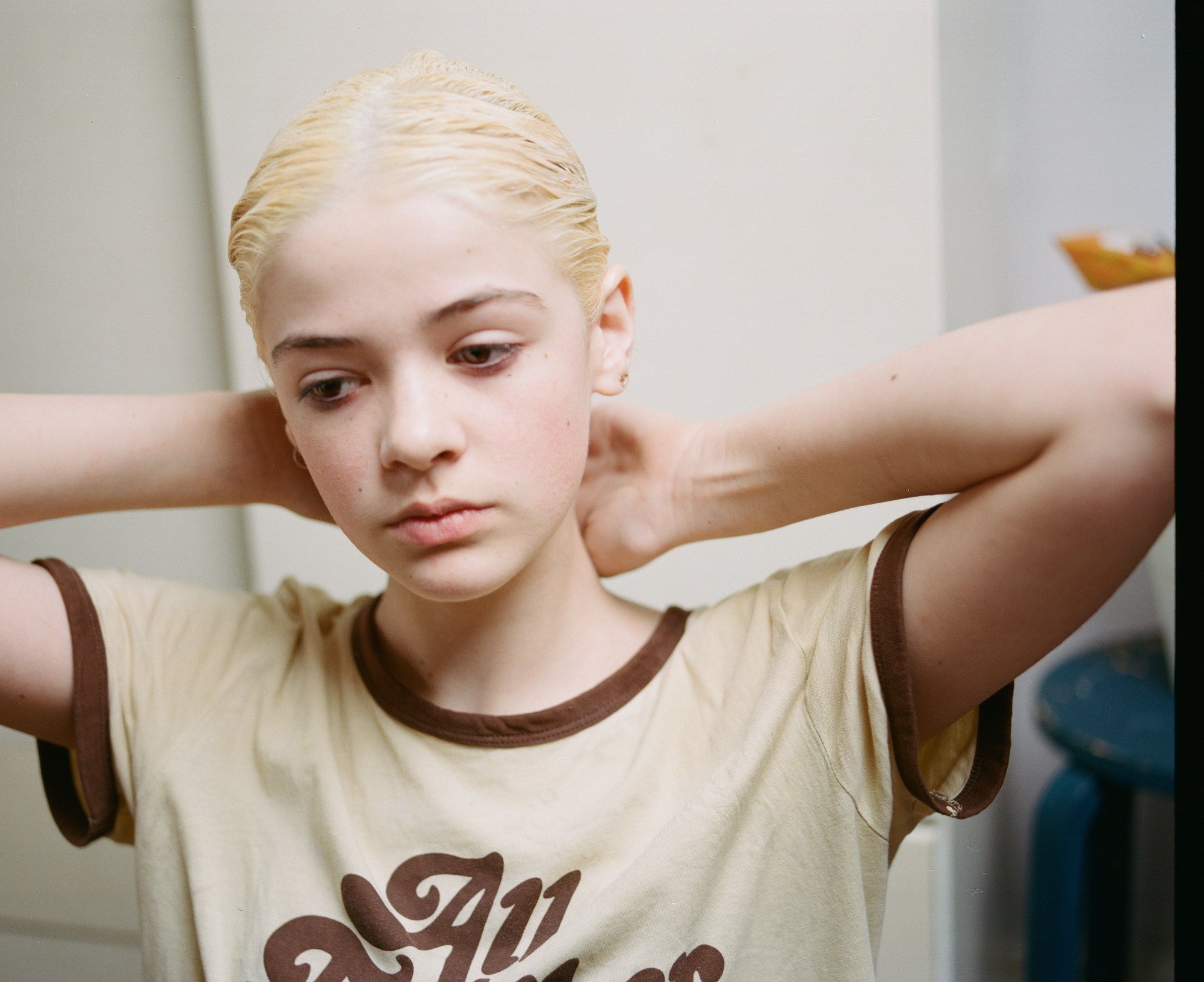Capturing the transition of her teenage son, Lee, Xanthe Hutchinson wonders through the liminal spaces between light and dark, alive and dead, known and hidden. With the recent death of Brianna Ghey and the closure of the Tavistock Centre (Britain’s only healthcare centre for transgender children), Xanthe’s new series comes at a time when the bodies of trans children have become a hostile site of debate in Britain’s culture war. These photographs invite us to reflect on the assumptions we hold, to reconsider the humanity of these children, and ultimately ask us to put some faith in their experiences.
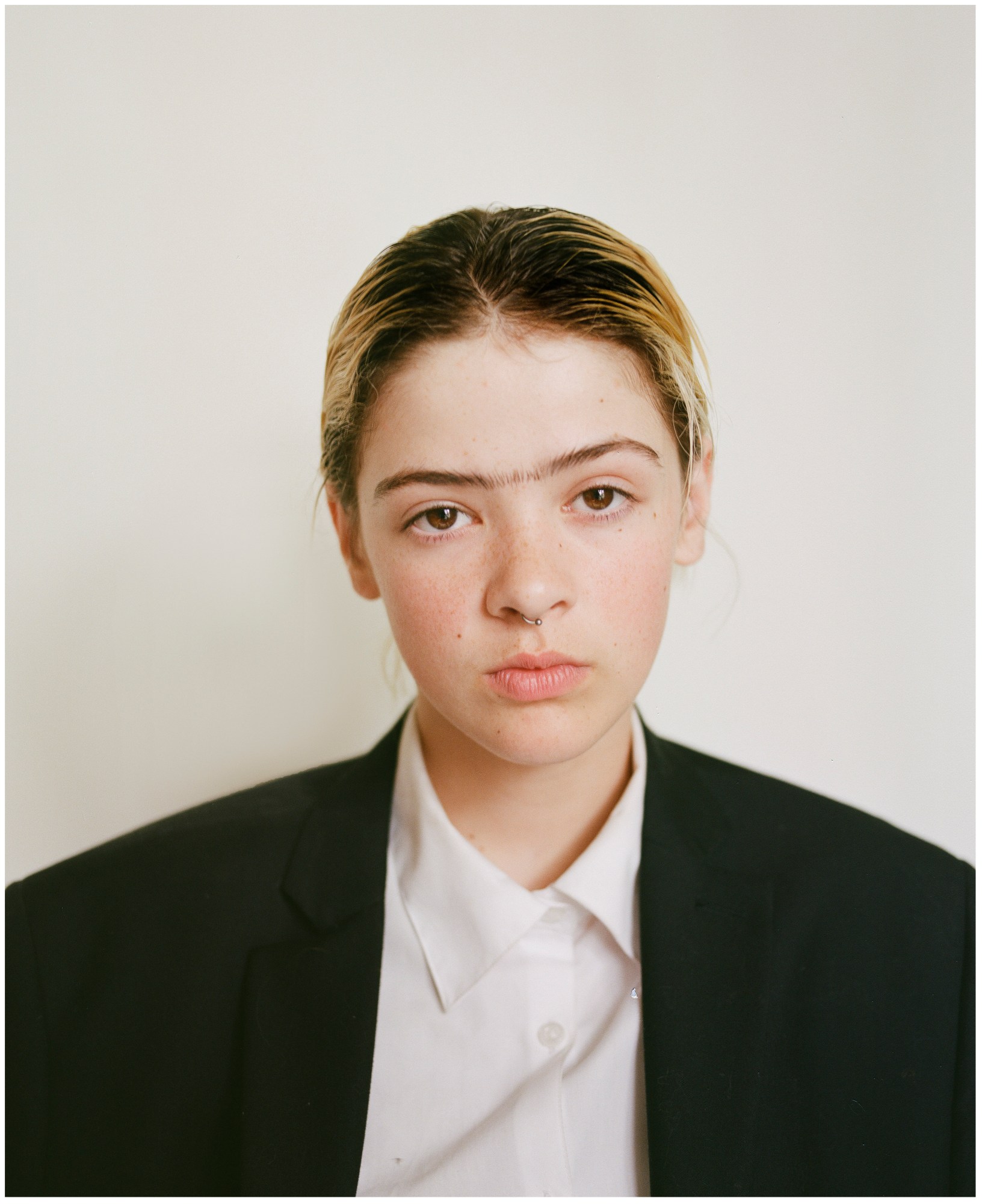
What was it like collaborating with your son on this project?
It’s been really fun. I hope you get a sense of the playfulness that we’ve had together. I often find art and photography are a little bit like therapy, so when we work together, there’s this really beautiful dance around trust. And it allowed us to have some proper quality time together. Since I was documenting his transition, ethically, I wanted to be led by him. I wanted him to give as much or as little input in as he liked. For us, it was important for it to be a continuum. People from the outside have got this either/or perspective, but transitions are an ongoing process; it’s going to be happening for the rest of his life, no doubt.
Did he take any of the images?
Yes, some are shot on his disposable, which I found quite intimate. They’re a pulling back of the veil, a sneak insight into his life and what he gets up to with his friends. Like most teenagers are, Lee is naturally quite secretive — there’s this huge gaping chasm between you and your parent, isn’t there? So I loved that the trust was there for him to share with me these little glimpses into his life.
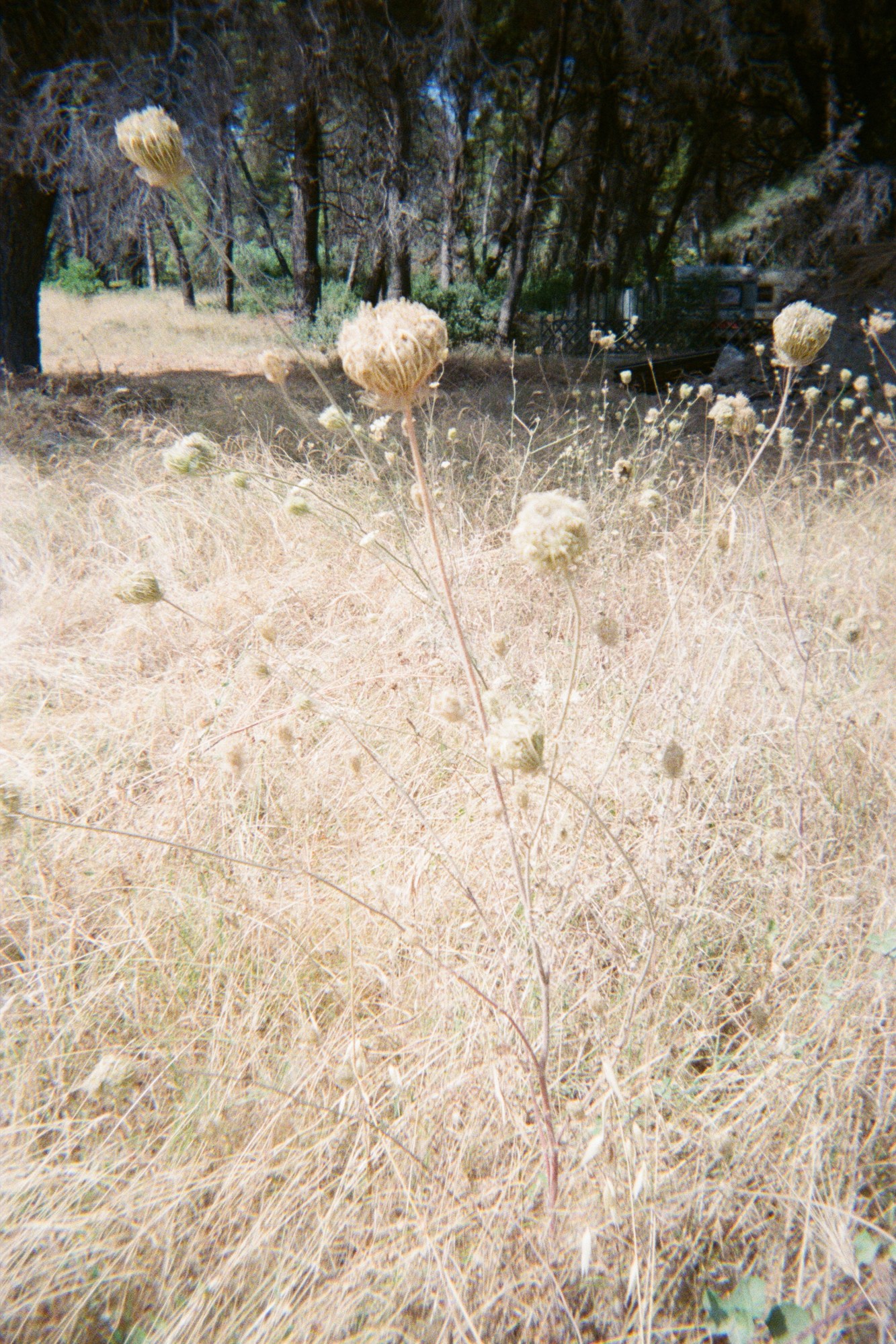
Has that trust always been there with Lee?
At the beginning, Lee didn’t tell me he was trans. Instead, I got a call from school. I don’t want to sound like I’m moaning (and it’s going to sound like I am), but I was really hurt. I was super upset that I must have presented in a way that made him feel like he couldn’t tell me. As a parent, you hope to be this touch point for trust and unconditional love, and it felt that had been undermined. Of course, this was just all in my ego. By the time he’d got back from school, I’d pulled myself together and made sure to just be open and have some conversations to work out how he was feeling. There was lots of hugging and lots of tears, but we told him that we’d do whatever we can do to support him. Since then, Lee’s therapist gave us a really great piece of advice: be quietly curious. Ask questions, check in with him, frequently make sure he’s okay, and above all, keep the dialogue open.
So often parents are criticised for describing a sense of grief they experience when their child comes out as trans. Did you experience any sense of mourning?
That’s really interesting. Yes, but not on any really profound level. This is silly, but when I was pregnant and thought I was having a girl, I dreamt that he and I were in a service station toilets washing our hands: he was about nine or 10 and had long, wavy hair. When he told me he was a boy, I did mourn the loss of this imagined relationship of going out shopping, doing makeup and stupid facile things like that. But the irony is that we still have that — he does sometimes wear makeup, and he does really like shopping. So whilst at first I thought I’d lost the idea of having a daughter, it was a process of reconciling that I still had my baby. It was just a case of reframing my outlook; nothing had to change, just shifting my brain slightly. I have two boys now.
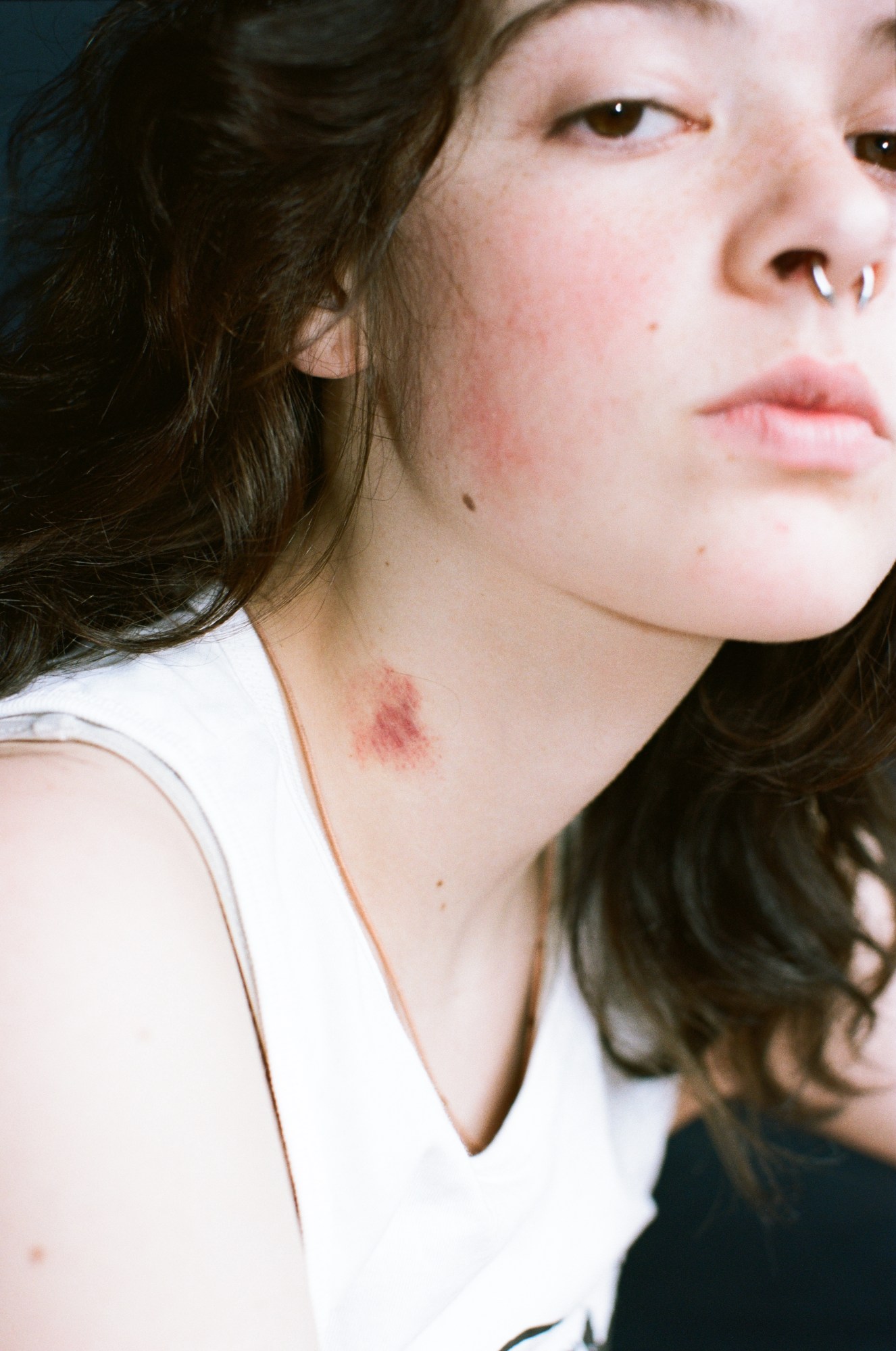
How does it feel being the parent of a trans kid in Britain today?
This moral absolutism being made manifest on children’s bodies is crazy to me. Trans kids have become a battleground where people weigh in and make ethical judgments about the person’s right to present how they feel on the inside. At the end of the day, the only people that are actually equipped to comment on this are trans people. They’re the experts; it’s their lived experience. I can’t possibly impose my own views or opinions on someone’s transition because I’m not going through that. It’s like Roe v. Wade: you don’t have any jurisdiction over these people’s bodies. I don’t know what’s going on inside of Lee, I just have to trust him. As a woman, I’ve had the constant experience of not being believed, so I want to afford somebody else that level of trust and respect.
Why do you think people have such a hard time believing each other’s experiences?
I think humans want so much evidence; they’re not happy just believing. It’s so upsetting that people have to constantly evidence how they feel, who they are, and what they want. Like when Lee first came out, loads of people pointed me towards pieces about social contagion as if they were trying to explain Lee’s transness away. I think what bothers people most about transness is that it isn’t within their control. It’s that lack of understanding, that lack of knowing if someone’s looking at a boy or girl. If they don’t know that by purely looking at somebody, then their power of perception is undermined. We’re so used to just seeing and therefore knowing, but with a trans person, we are unable to do that. We have to actually take steps, speak with them, and educate ourselves. It challenges our snappy perceptions of things. I do hope that seeing these images will make it easier for people to understand that. Yes, it is disempowering not immediately knowing somebody’s gender, but then the question is: does it matter? People need to become comfortable with the discomfort of not knowing.
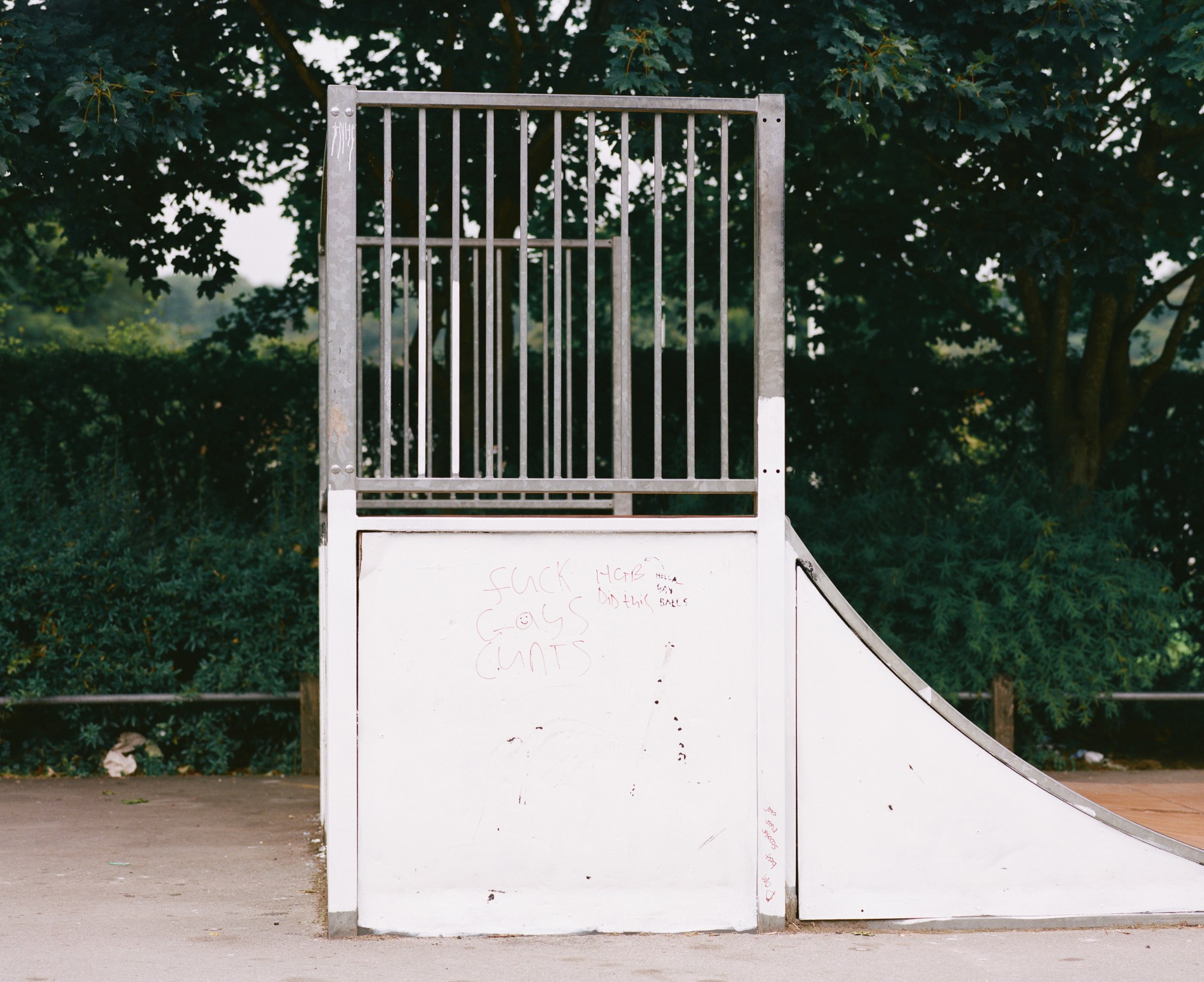
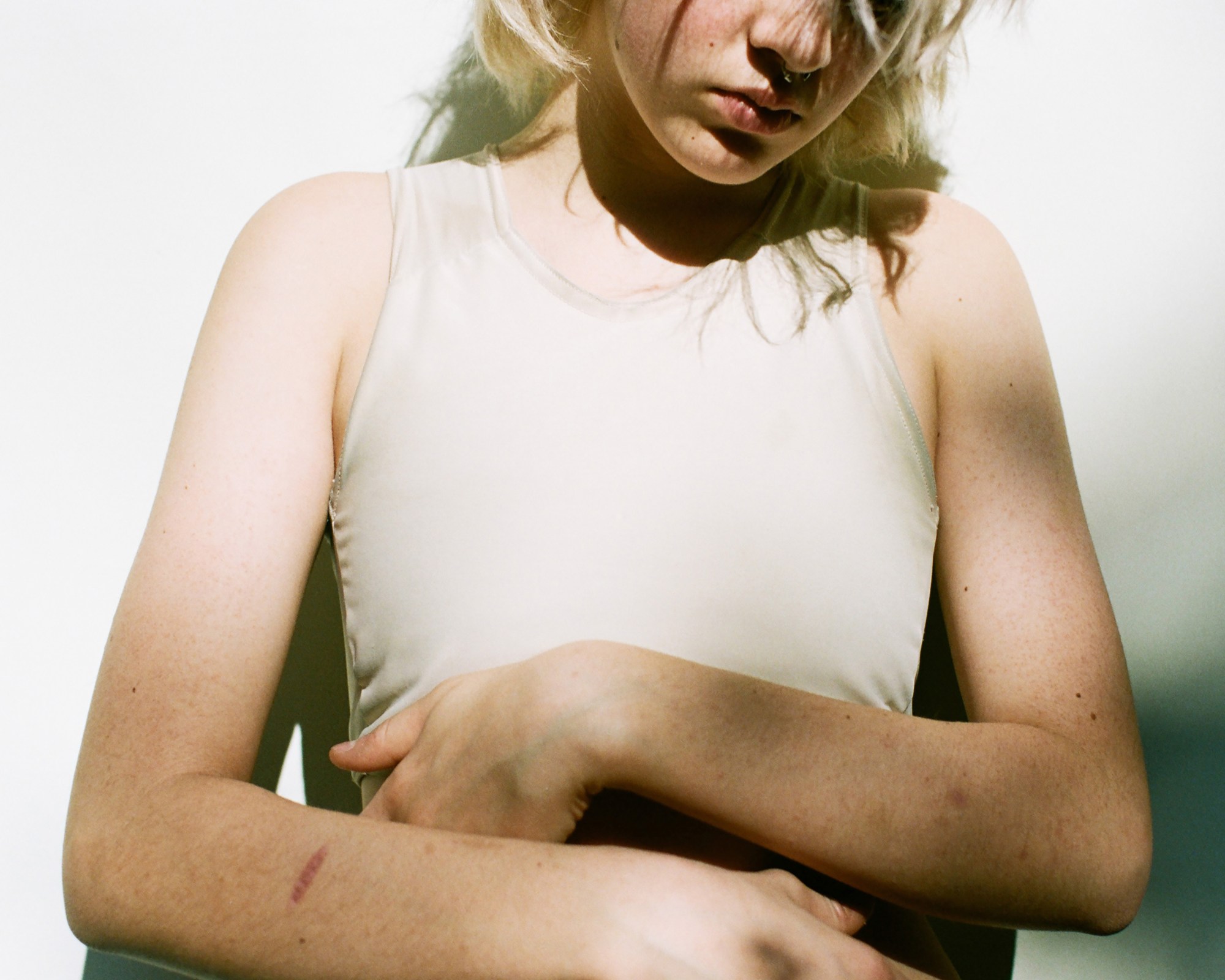
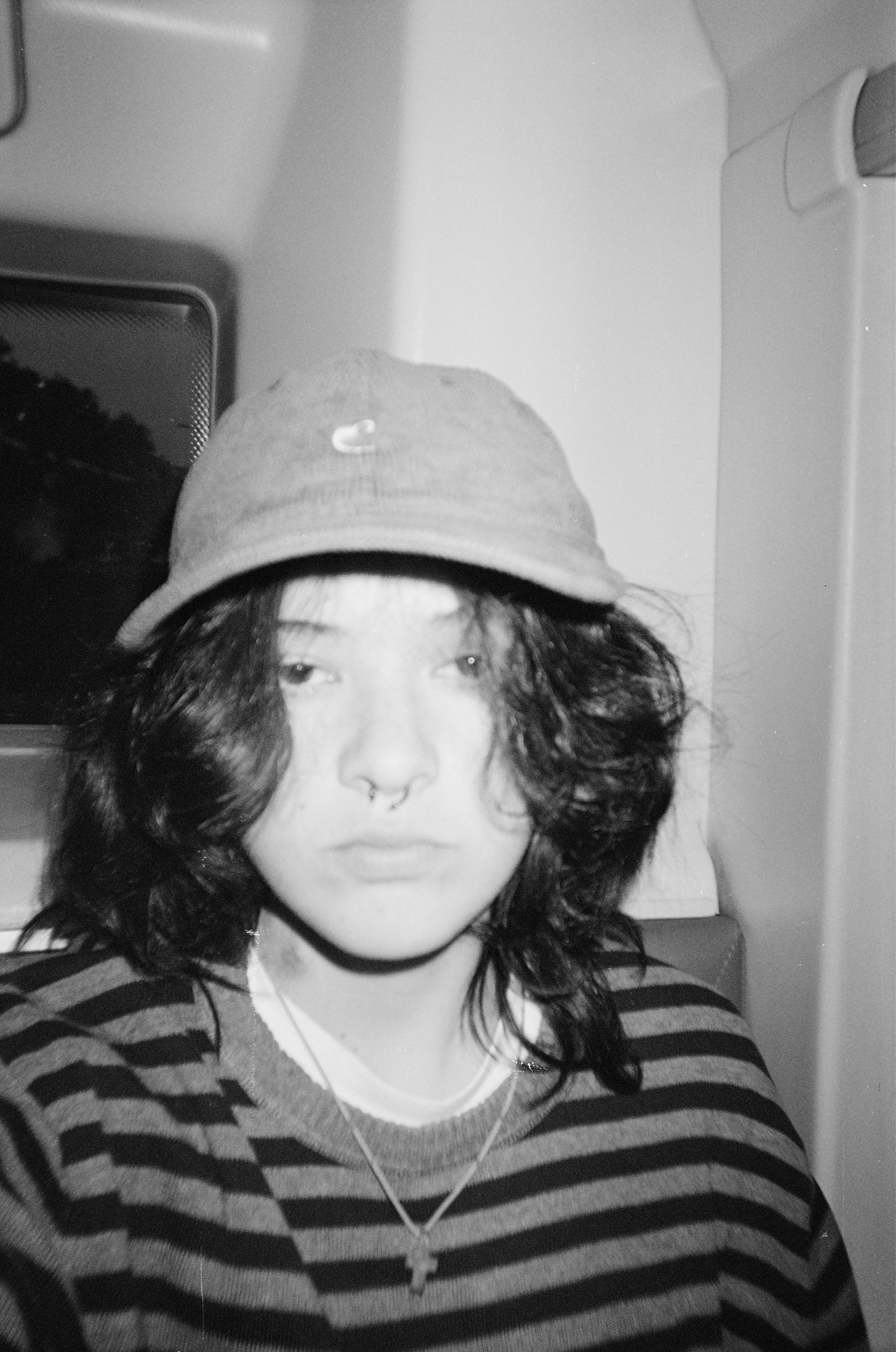
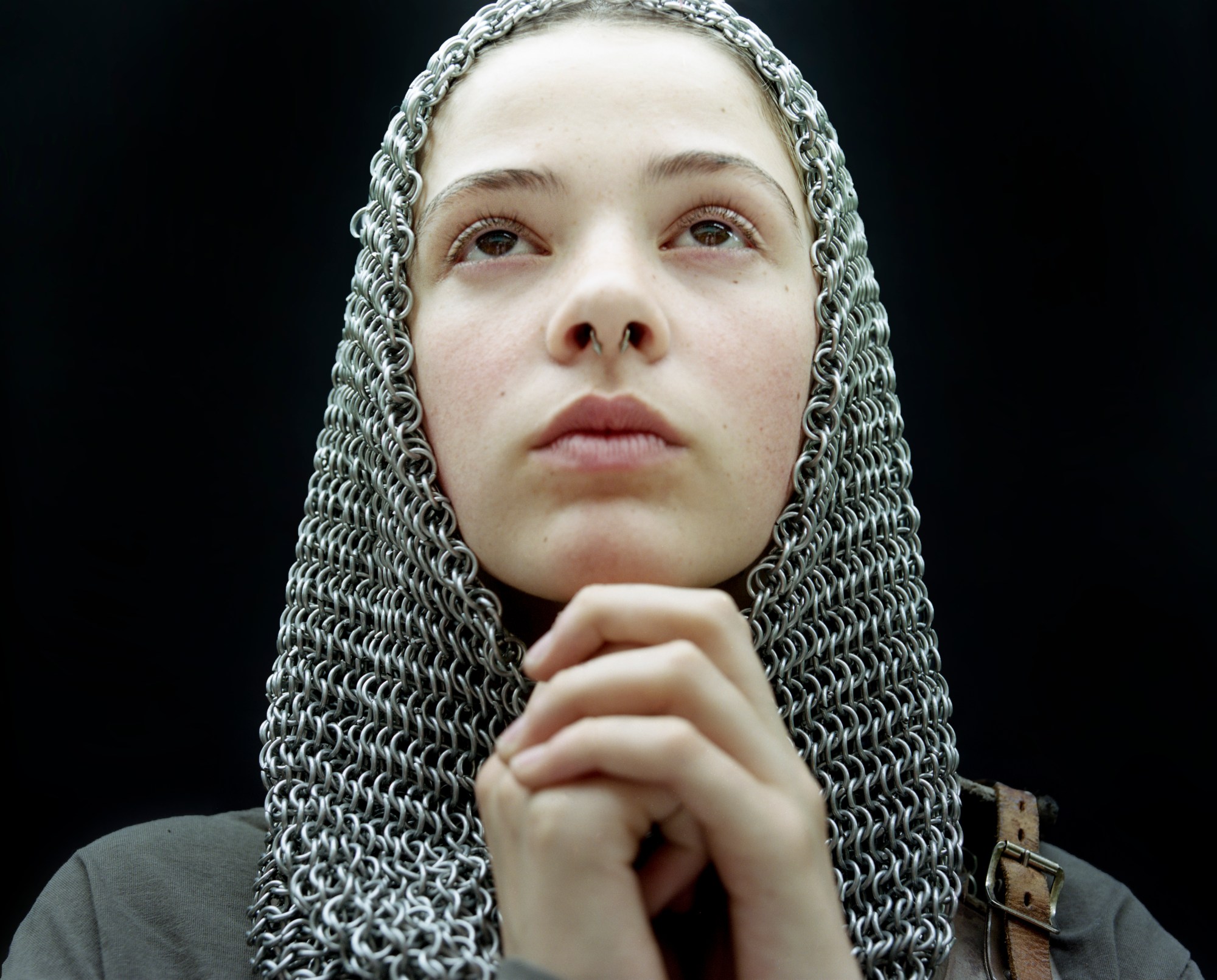
Credits
All images courtesy Xanthe Hutchinson
